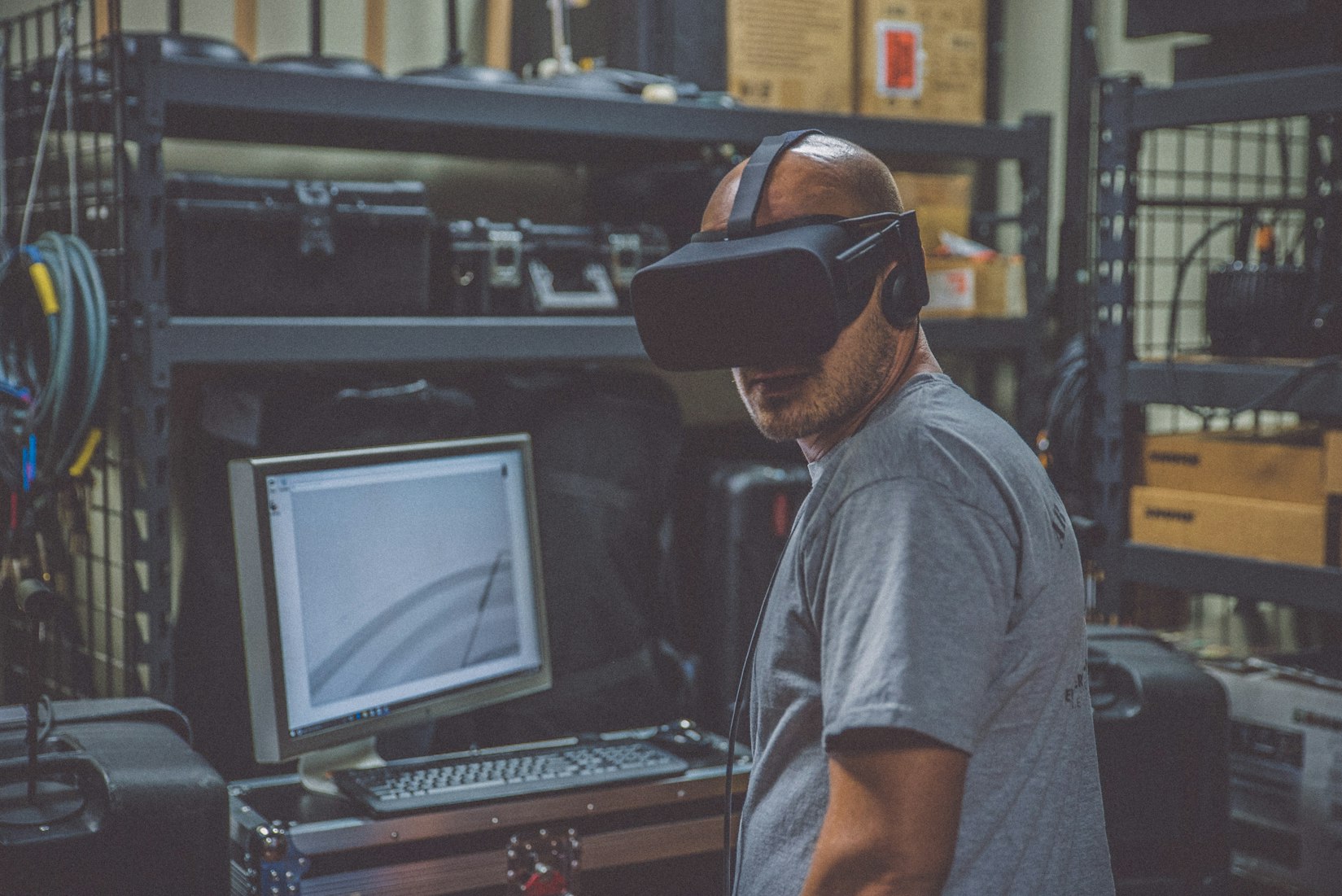
In every boardroom across the world feverish discussions about artificial intelligence, virtual/augmented reality, blockchain, Internet of Things, wearable technology, or some other form of “disruptive tech” are taking place right now. Organisations are clamouring to find new and innovative ways to engage with customers and sell more stuff. It’s the natural order of things, to attempt to keep up with the competitors and avoid getting left behind.
The pressure to be first to market and remain a step ahead of their competitors is huge and inevitably leads many to follow the rest of the market. This filters down through the ranks and several projects kick off with a goal to implement something new and shiny to appease the board.
A minute percentage of these projects will be successful, but most will be half-baked technical vanity projects. When they launch to their intended audience, they are summarily rejected. Why? Because they don’t meet their needs and don’t offer anything different or better than what they already use.
These organisations focus on the technology first, and users are an afterthought. Very few organisations will be considering how the technology impacts their customers, or indeed if their customers want or need it.
The big industry disruptors instead place the focus on humans first. They start with Mary who lost her bank card on the bus, only to find it down the back of the sofa. She gets to pause her card, instead of permanently cancelling it (Thanks, Monzo). They find out the pain Joe goes through when he’s wading through pages of claims forms, and then they work out how to cut it down to 3 minutes in an app (Great job, Lemonade). They look for the problems and negative experiences people are having with companies. Then they solve these problems in clever ways. It’s a complete reversal of how most businesses work and we’ve seen this approach bring success over and over.
In Monzo’s case above, they have disrupted the banking industry, not by focusing on technology, but by offering customers a solution to problems they were having with traditional banks. High charges for payments abroad, slow updates on pending transactions outside of banking hours, little clarity on spending are all areas that Monzo has worked on. Their solution whilst utilises technology, doesn’t do anything technologically ground-breaking. They simply offer a phone-based app that allows instant updates, categorised spending, and free purchases abroad. They are constantly innovating their service and they are doing extremely well by taking customers away from traditional banks. At the time of writing, Monzo is valued at $336m and has over 750,000 users.
Lemonade is disrupting the insurance sector in the US at a similar rate. When you think about getting insurance I would guess that most people’s concerns are around the hoops they have to jump through to sign up, and then the concern about actually getting paid when they make a claim. And that’s exactly what Lemonade has focused their offering on. The Lemonade site states that it takes ’90 seconds to get insured’ and ‘3 minutes to get paid’ when you make a claim. For a human being, the benefits of switching to this type of service are a no brainer. And it’s no wonder these major disruptors are wiping the floor with their competition.
Lemonade’s niche in the market place comes from using technology in innovative ways, but that’s not what they lead with. Behind the scenes, Lemonade relies on AI and a series of anti-fraud algorithms. What makes them different is human problems are studied first, and then a way to solve those issues with technology follows. Technology is considered last and only then as an enabler.
The heart of change within every industry is undeniably coming from technology. I predict the major success stories will be from organisations who use their understanding of technology to solve problems customers have been experiencing in traditional businesses. They will put their users firmly in the first place. And those that don’t? I think many of those will face almost certain failure.
What do you think?




